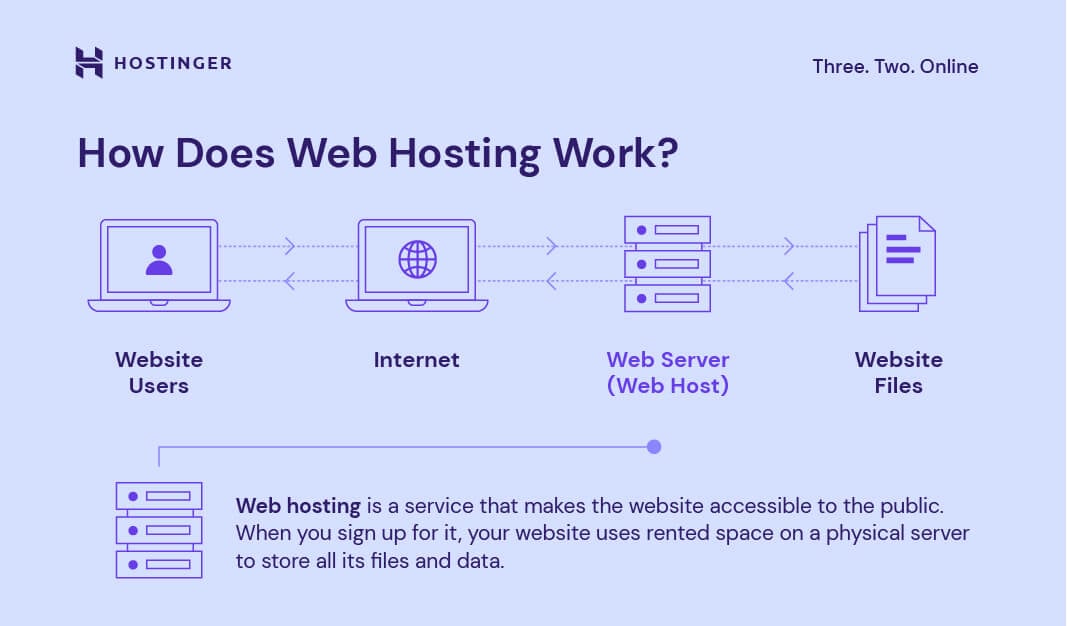Web Hosting Explained for Beginners
So, you’ve decided to create your own website. Congratulations! But before you dive into the world of web design and development, it’s important to understand the basics of web hosting. In simple terms, web hosting is a service that allows individuals and organizations to make their websites accessible via the World Wide Web.
Think of web hosting as renting a space on the internet to store your website’s files. These files could be anything from HTML documents, images, videos, and more. Without web hosting, your website would not be visible to the public. In essence, web hosting is what makes your website live on the internet.
Types of Web Hosting
There are several types of web hosting services available, each offering different features and benefits. The most common types of web hosting include:
- Shared Hosting: This type of hosting involves multiple websites sharing the same server. It’s a cost-effective option for beginners.
- VPS Hosting: Virtual Private Server (VPS) hosting offers more control and resources compared to shared hosting.
- Dedicated Hosting: With dedicated hosting, you have a server all to yourself, providing maximum performance and security.
- Cloud Hosting: This type of hosting distributes resources across several servers, ensuring scalability and reliability.
How Does Web Hosting Work?
When you sign up for a web hosting service, you are essentially renting space on a server owned by a hosting provider. Your website’s files are stored on this server, which is connected to the internet 24/7. When someone types your website’s URL into their browser, their computer connects to the server where your website is hosted, and the files are loaded onto their screen.
Web hosting providers offer various features, such as domain registration, SSL certificates, email accounts, and more. It’s essential to choose a reliable hosting provider that offers good uptime, customer support, and security features to ensure your website runs smoothly.
Factors to Consider When Choosing a Web Hosting Provider
When selecting a web hosting provider, there are several factors to consider to ensure you choose the right one for your needs. Some key factors include:
- Uptime: Look for a hosting provider that guarantees at least 99.9% uptime.
- Bandwidth and Storage: Determine how much bandwidth and storage you’ll need based on your website’s size and traffic.
- Customer support: Make sure the hosting provider offers 24/7 customer support in case you encounter any issues.
- Security: Choose a hosting provider that offers SSL certificates, firewalls, and regular backups to protect your website from cyber threats.
By understanding the basics of web hosting and considering these factors, you can make an informed decision when choosing a hosting provider for your website. Remember, web hosting is a crucial component of your online presence, so take the time to research and compare different providers before making your final choice.
With the right web hosting provider, you can ensure that your website is secure, accessible, and performs well for your visitors. Happy hosting!
